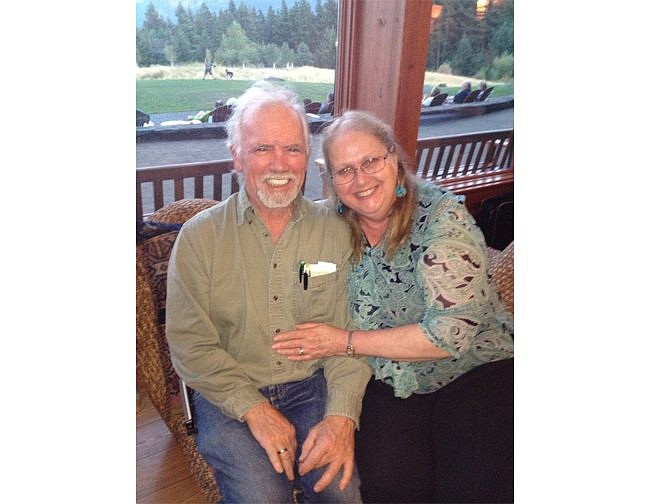Breaking The Silence
May 12, 2014 at 6:19 p.m.
How many worries or concerns are you holding inside yourself instead of sharing them with your partner? Has the “baggage” of previous relationships made it difficult to have the kind of open communication that you know is important?
It starts in childhood. “If you don’t have anything nice to say, don’t say anything at all.” “Children should be seen and not heard.” (Parents may not say that any more, but they certainly did when we were growing up.) Boys are told to “man up,” not to cry, and not to talk about feelings—except perhaps for anger. Very few of us came from families where we were encouraged to speak up when we were sad or angry or scared. Our parents may even have tried to make us feel better by saying, “Oh, you aren’t really scared (or mad or sad).”
In some families, the silence was deeper and heavier. You certainly didn’t talk about it if your dad drank or hit your mom, if a grownup touched you sexually, or if you thought you might be gay or lesbian, unless your family was extraordinary for the times.
If the romantic relationships you had as a younger adult were not healthy and strong, the silence probably continued. In the absence of trust and safety, the flame of true communication flickers and dies. If your partner didn’t respect your opinions and respond gently and kindly to your concerns, you learned to keep your mouth shut. You may even have learned to lie, just to avoid conflict or ridicule.
Now you are starting a new chapter in your life. You are wishing for a healthy and happy relationship, or perhaps you have already embarked on a promising partnership. Do you speak up when things bother you? Do you create opportunities for your partner to do the same? If you haven’t found your special someone yet, work on these skills with your friends and family (but only if it is physically and emotionally safe to do so). If you believe you can’t be open because of the way your new partner responds, think long and hard about whether you are with the right person. Someone who cares about you will want to hear what you have to say.
When your partner gathers his or her courage to talk frankly to you, try your best to say, “It’s hard to hear you are angry, but I am so glad you told me.” You can also ask for some help when you are struggling: “I sometimes have a hard time talking about things that upset me, and I’d appreciate your listening to what I have to say.” The benefit of breaking the silence is greater trust and emotional closeness – and isn’t that what you have been longing for?
Northwest authors Jennifer Y. Levy-Peck, PhD, a psychologist, and her husband Charles Peck try to talk things out. They are working on a book, "Magic at Midlife: Your Relationship Roadmap for Romance After 40."
Previous Magic at Midlife Columns:
Living with Pets and a New Partner
Helping Your Adult Children Accept Your New Partner
Step-Grandparenting Can Be Grand
Online Dating for the Older Set
Sex in Midlife Relationships: Complicated but Wonderful!
Upgrade Your Communication Skills





